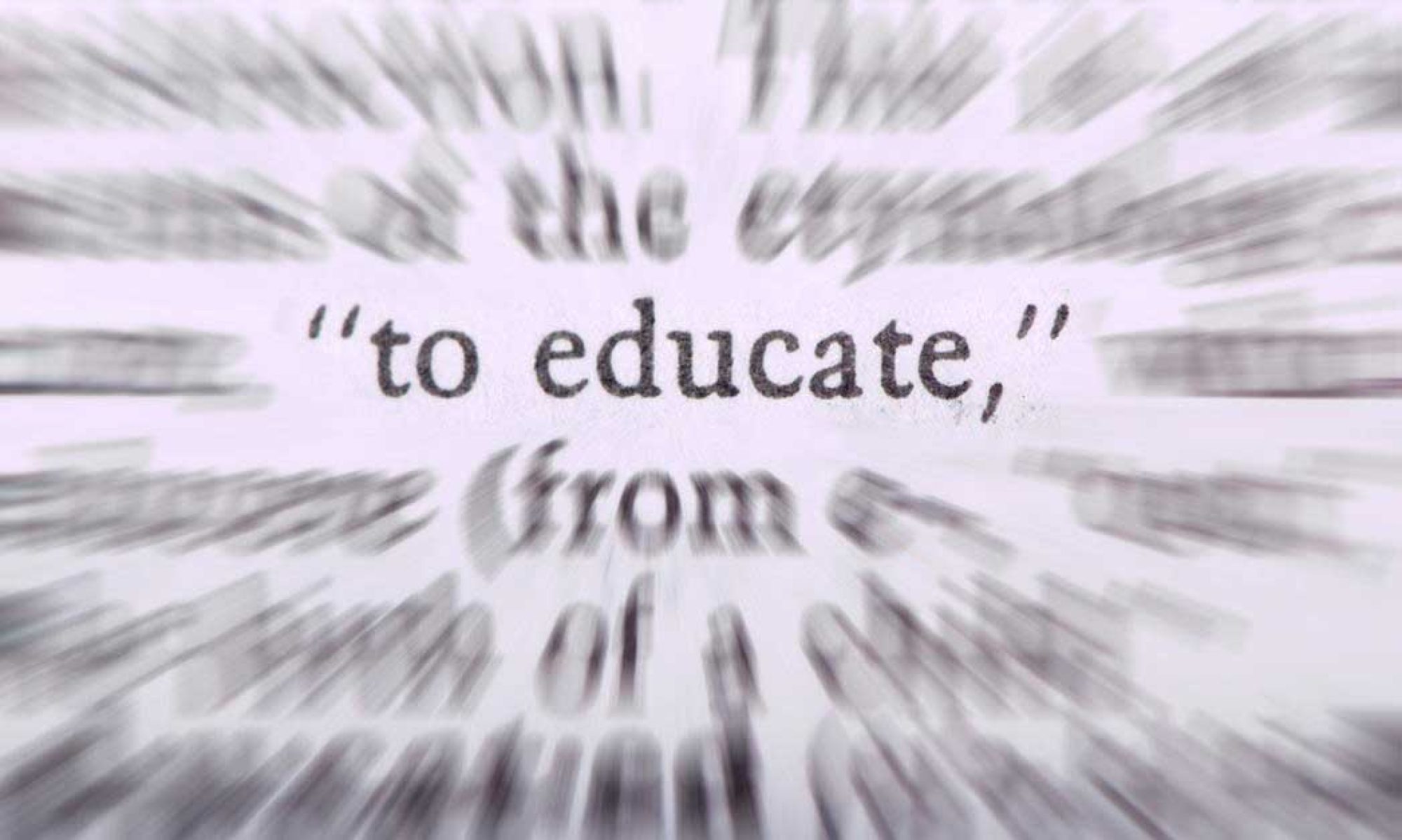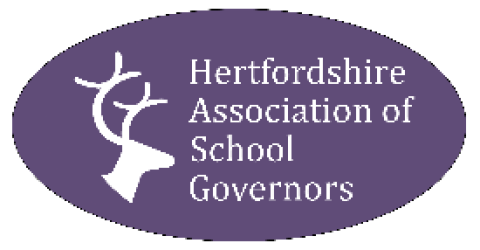 tes – 2016 Highlights
tes – 2016 Highlights
The tes has compiled its’ six favourite stories from 2016 (tes subscription necessary to read full content):
- The Truth About Memory – how exactly does it work? Get this essential reading for revision season.”If you want to optimise learning, forget what you think you know about how the brain recalls information and discover how to apply the science of memory in your classroom.”
- Nine things every teacher should know: leading education academic, Dylan Wiliam, shares the essential information he wishes he’d had when he started out.”We have more evidence about what works in the classroom than ever before, but how much of that knowledge is in the hands of teachers? Educationalist Dylan Wiliam outlines the essential information he wishes he’d had when he started out in schools – gleaned from some of the world’s top academics.”
- Primary children choose 100 things they should do at school before the age of 11 (and there’s 100 more to tick off before they’re 16!). Do you agree?”Schools are not just places of academic learning, they are environments in which children learn valuable life lessons and where they experience the things that will shape them as adults. Teachers and parents alike have strong views on what these lessons and experiences should be, but what do the children themselves value?”
- Misconceptions and muddles – how the role of SENDCO is being undermined, underused, and underappreciated; and how that’s letting children with SEND down.”Misconceptions over the role, muddled policy and a lack of visibility on leadership teams for special educational needs and disabilities co-ordinators have led to the risk of our most vulnerable children being failed by mainstream schools, argues Nancy Gedge.”
- How do parents pick schools? This exclusive survey suggests that Ofsted ratings are not the most important factor…”A TES and Mumsnet survey has found that the most important factors for parents when choosing a school for their child were the school’s approach to education and how supportive the school was to its students.”
- Not all children are born equal – find out why we need an unequal approach to behaviour management to get equal outcomes.”…so why on earth are we trying to treat them equally? One headteacher argues that a ‘no-excuses’ approach to behaviour in schools is far from fair – it can actually be damaging for vulnerable children, whose situations demand they should be given more than one chance.”


